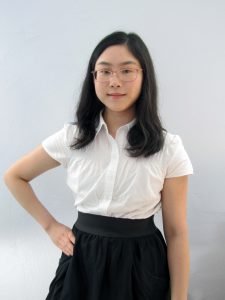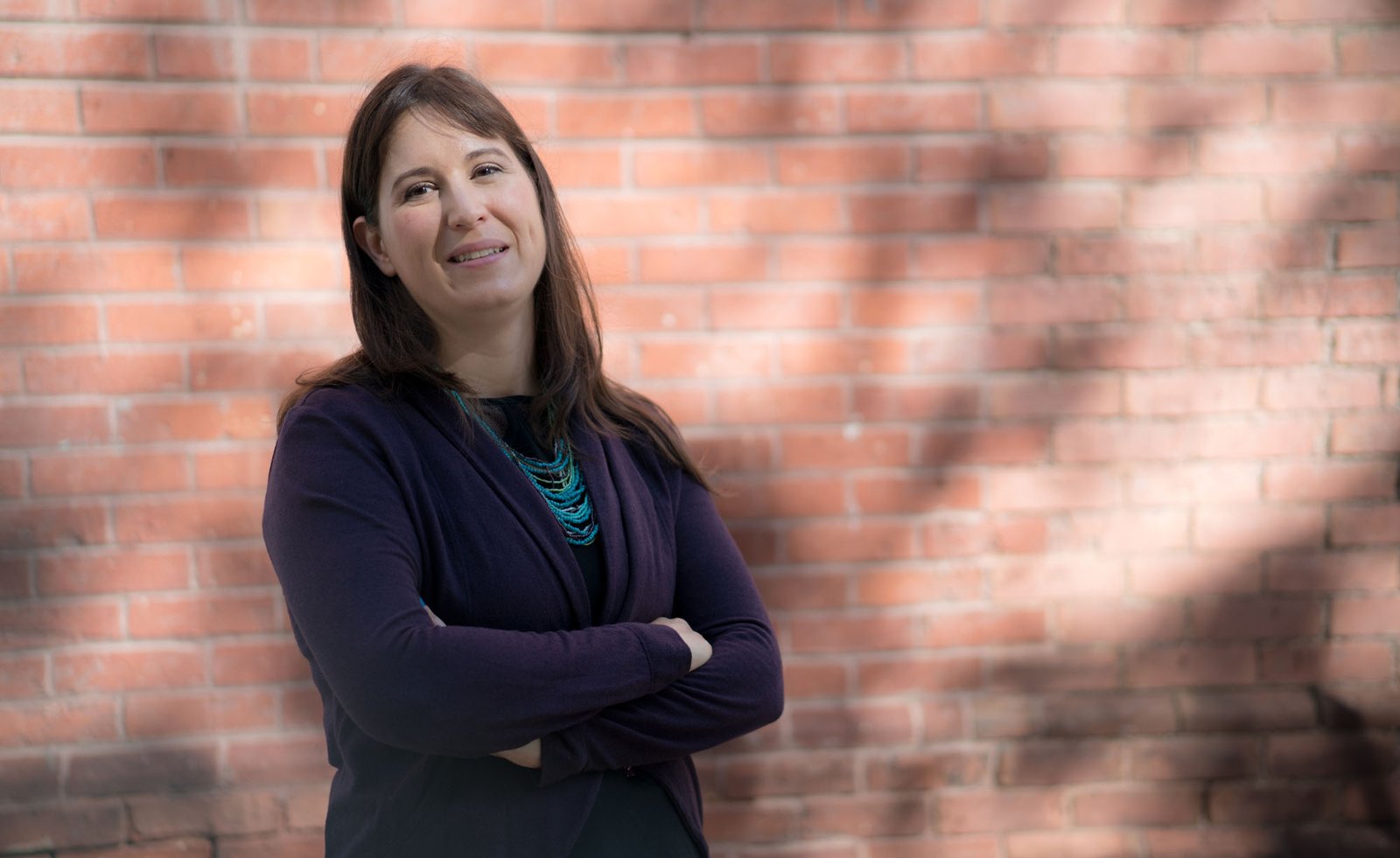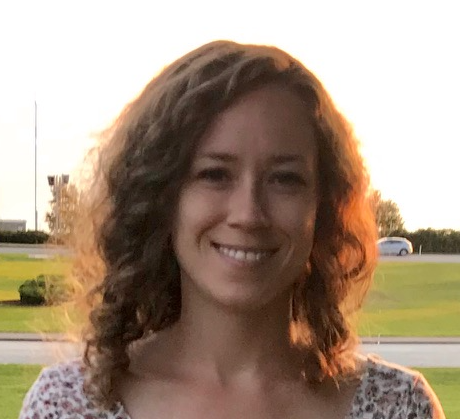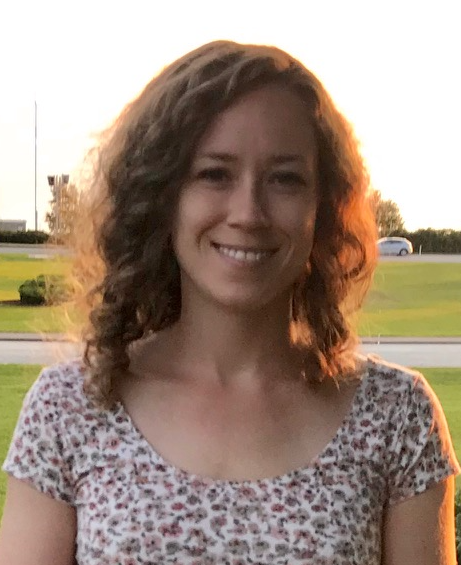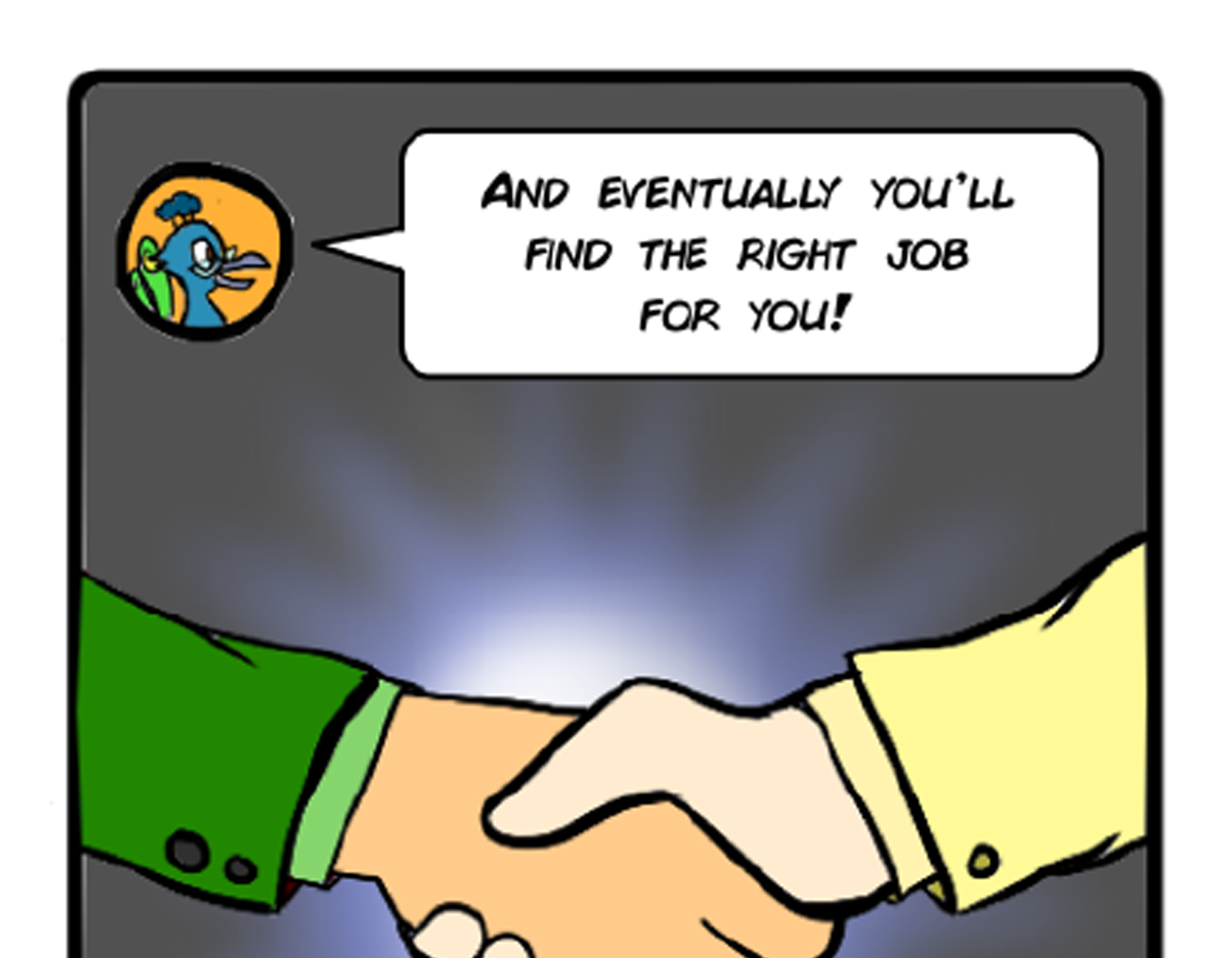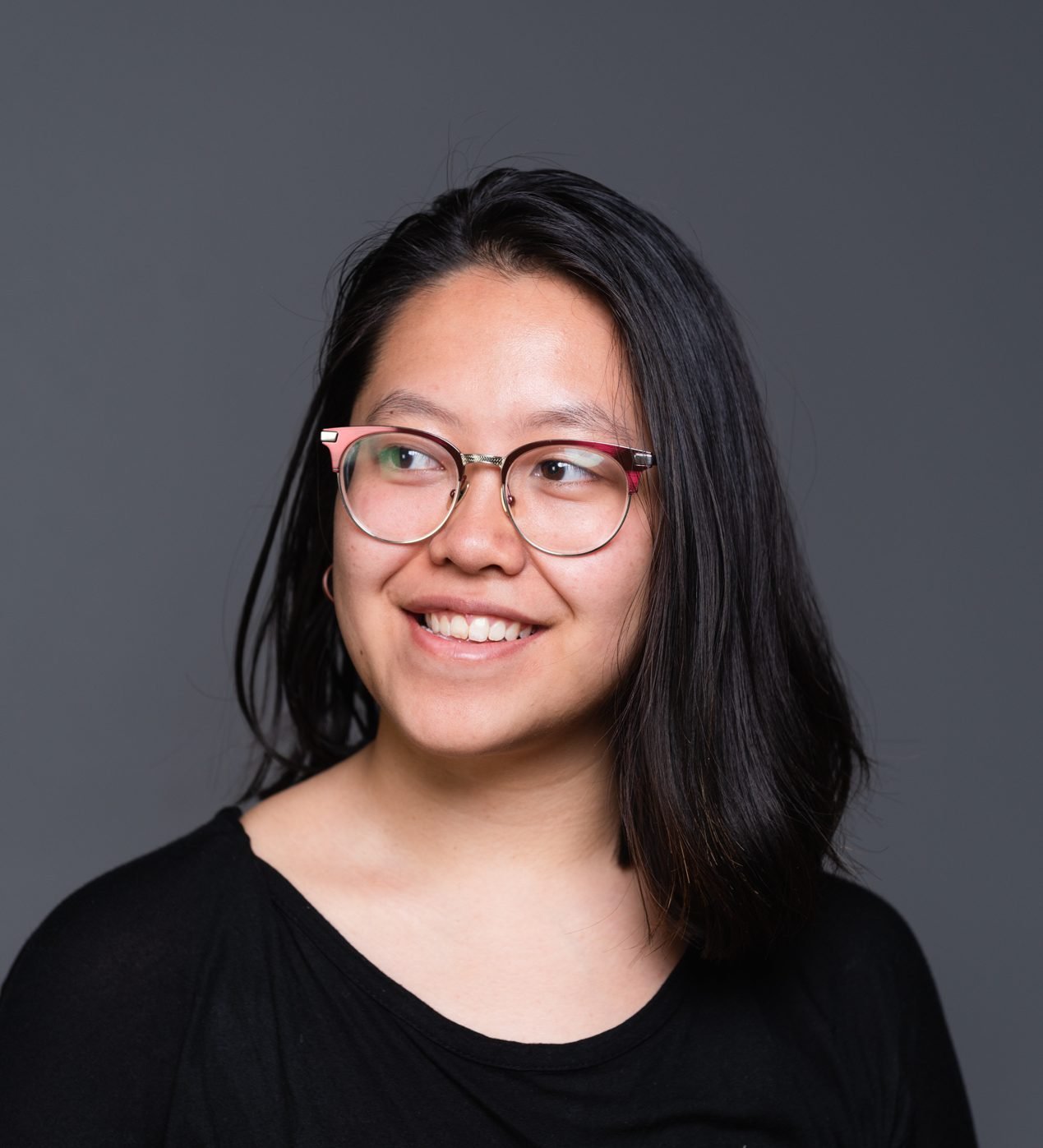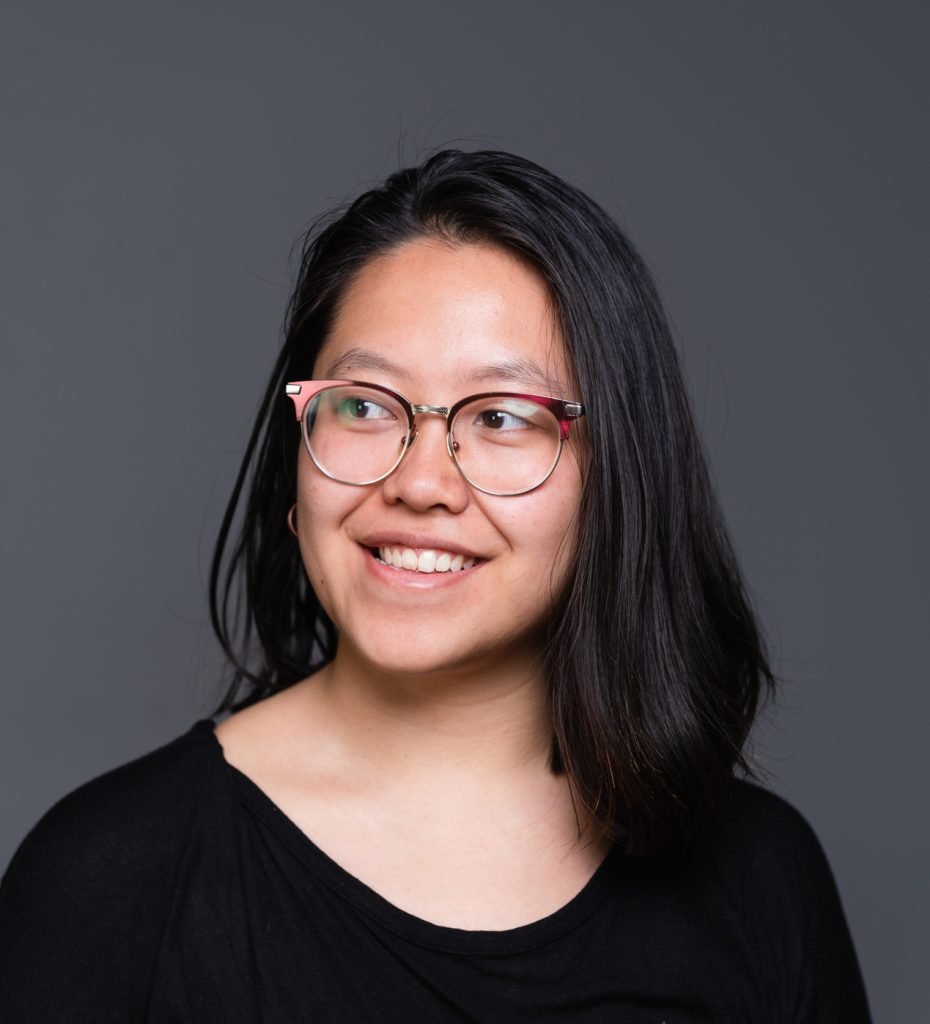We discussed how to boost academic resilience during COVID-19 with Sarah Lang, a certified coach. Since the past few months have been a difficult time for many, with dramatic lifestyle changes such as being isolated at home. While it is easy to feel discouraged, by taking small steps to build resilience, you can feel more in control and empowered in your life.
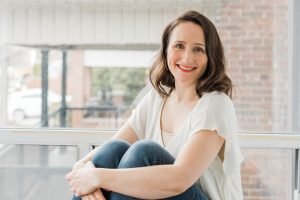
Sarah supports people to dream big, launch new projects, and bring creative visions to life. Sarah is passionate about helping her students develop their speaking confidence and skill set so they can make a bigger impact.
_
How did you begin your career as a coach?
_
I would say like many people out there, I had a bit of a circuitous journey or winding road to get to where I am now as a full-time coach. Of course, when I look back I see the dots connect, but it wasn’t obvious at the time. I have been really passionate about personal development since I was a teenager. However, I put this interest in coaching on the side for many years. In the meantime, I tried out a lot of other interesting things, which I think helped me to become a well-rounded and experienced coach. For example, I lived abroad in Tokyo for four years. I was a student in Hong Kong as well. I did a Master’s in Asian Studies at the University of Toronto, which is where I met Lisa Pfau. I also built a career in the non-profit sector, where I worked as an events manager and a project specialist. I did a lot of interesting work, but on the side, I had this deep interest in personal development and leadership coaching.
Finally, when I was pregnant with my second kid, I started my coaching credentials. I took my time because I was working full time, had a child at home, and was pregnant with another. I took it one course by one course, and I was eventually certified at a place called CTI, where I did the entire certification process. And then, once I certified as a coach, I started this career off the side of my desk, just working at it part-time from the desk in my basement. I did that for a few years and three years ago, I jumped into it full-time.
_
How does building resilience work?
I look at building resilience as if I have two inter-interlocking circles, like in the shape of an infinity symbol. That’s my model that I’m working with. On the first side of the symbol, the first loop is all about learning to process and handle difficulty, learning to be with what is difficult and accept it. And then, the second loop is amplifying the positive, which means bringing more joy and purpose, consciously into our life. So to me, this is really a model that incorporates so much of what we know about how to build individual resilience.
We need to learn about how to accept. Just truly admit “yeah I’m suffering or scared, terrified, worried, sad or depressed” – all of these emotions are just so normal to be experiencing right now, so it is an opportunity right now to really learn how to be with that. Try to find ways to allow our bodies to process those emotions. Allow ourselves to understand that our thoughts are creating our feelings; rather than, just completely numbing out and spending the whole day on the computer.
Why is being resilient so important, especially at this time?
At the beginning of the interview, we highlighted how challenging the past few months have been for all of us. Our ability to navigate through and move through this period of change and uncertainty is paramount. My definition of resilience is that I work with is linked to why I think resilience is so important, all the time, especially now. I think resilience is our ability to move through a challenging, or stressful times and come out the other side. But it’s more than that too. It’s coming out the other side, having been transformed by that challenge and become stronger than we were before. We can become wiser and more able. People often have more of a limited idea of it as like – you know the bouncy ball or the elastic band. We can turn discomfort from stress and challenges to transform ourselves, making us stronger, while giving us the gift of wisdom.
How does being resilient impact our performance at school?
_
I have two points on that. The first, and the more obvious answer is that more resilience means better wellness. Better wellness means better results. You are going to have improved mental health to manage stress. If you are feeling resilient, then you will feel like you can cope and thrive, regardless of what the circumstances are around you. So if you are motivated by thoughts such as” I’m going to be okay” and “I can do this,” then the decisions that are going to come through will lead to positive actions in your life. You’re going to take care of yourself, study hard, go to the gym, and make healthy choices. You’re going to care for yourself because you are motivated by a belief that you can succeed.
My second point is that if you’re more resilient, you’re going to be more open to taking risks. You will trust that you can cope with the consequences of risks because you are not scared of dealing with failure. If you are scared of feeling embarrassed, then you will have fewer options that can help to improve your performance at school.
_
Sarah’s Book Recommendations and Resources
Resilient: How to Grow an Unshakable Core of Calm, Strength, and Happiness by Rick Hanson and Forrest Hanson
Mindset: The New Psychology of Success by Carol S. Dweck
Blog Series: Everyday Resilience by Sarah Lang
_
_
Thank you, Sarah, for sharing the excellent advice with us and our readers!
_
Missed the podcast? Listen here:
_
_
For more advice about writing, check out our weekly podcast or subscribe to our monthly newsletter.
_
To get more help with your assignments, book a 20 minute discovery session with us and start your journey to reaching your full potential on the page, and in life.
Both the written, visual, audio, and audiovisual content of this post has been created by and is the intellectual property of Lisa Pfau and PFAU Academic Writing. Please do not replicate any of the above content without our consent. However, please do feel free to share this post and its authorship widely.



